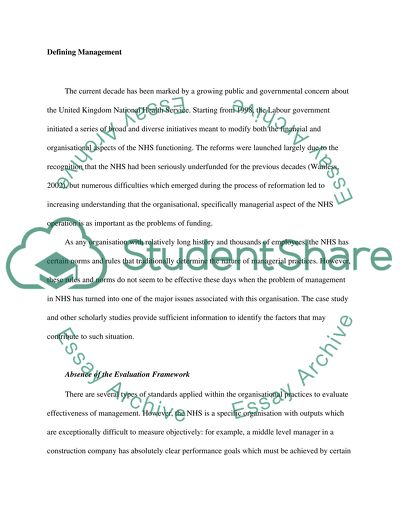Cite this document
(Managing the United Kingdom Health Service Assignment, n.d.)
Managing the United Kingdom Health Service Assignment. Retrieved from https://studentshare.org/health-sciences-medicine/1511627-united-kingdom-health-service-essay
Managing the United Kingdom Health Service Assignment. Retrieved from https://studentshare.org/health-sciences-medicine/1511627-united-kingdom-health-service-essay
(Managing the United Kingdom Health Service Assignment)
Managing the United Kingdom Health Service Assignment. https://studentshare.org/health-sciences-medicine/1511627-united-kingdom-health-service-essay.
Managing the United Kingdom Health Service Assignment. https://studentshare.org/health-sciences-medicine/1511627-united-kingdom-health-service-essay.
“Managing the United Kingdom Health Service Assignment”, n.d. https://studentshare.org/health-sciences-medicine/1511627-united-kingdom-health-service-essay.


